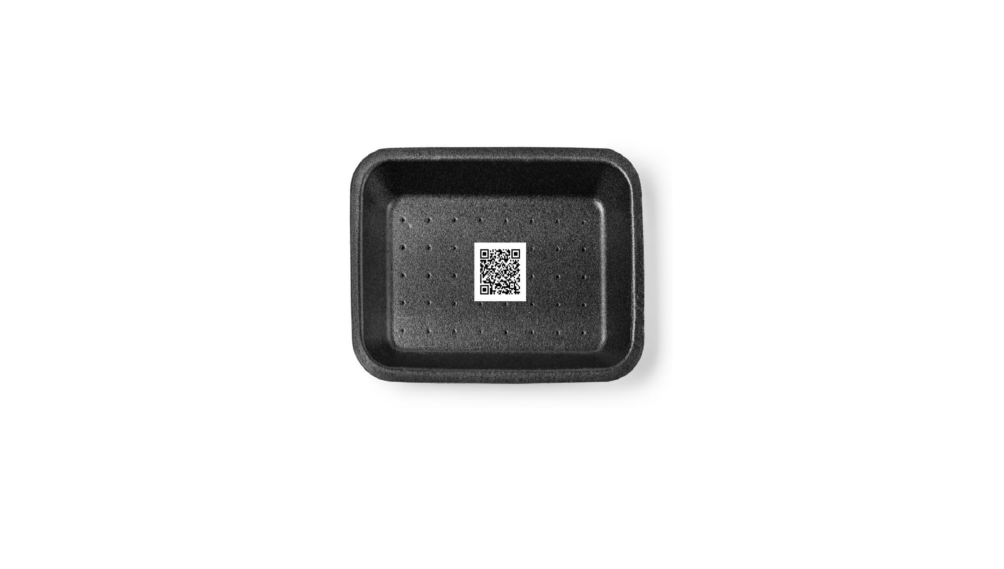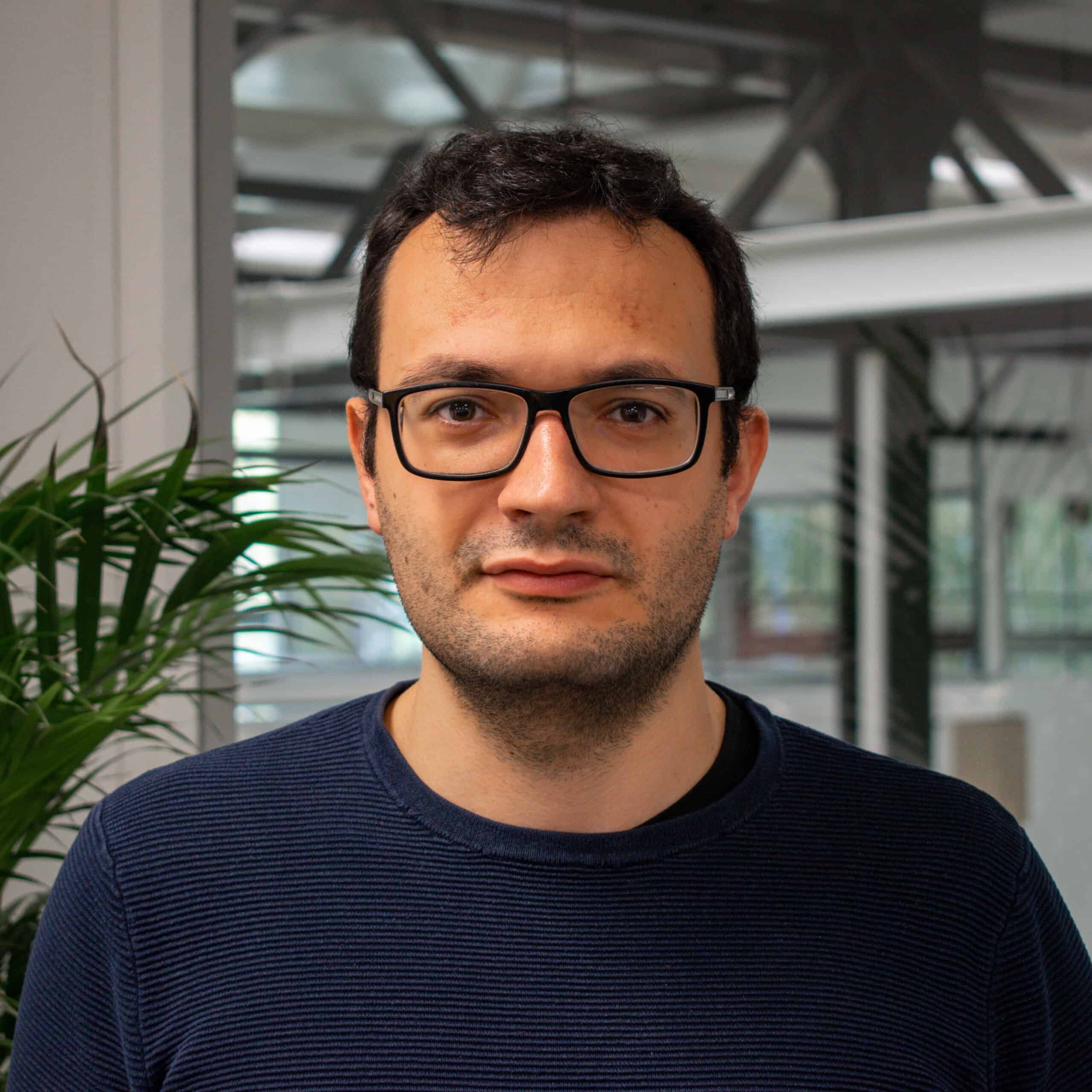
When buying groceries nowadays, you stumble across many bottles, containers, or tubs with a stamp saying, “Made with recycled plastics.” Conversely, according to a report by the Organization for Economic Cooperation and Development (OECD), only 9 percent of plastic is recycled worldwide. How many of those claims are mere greenwashing? It is now possible to know more, after an Italian company launched a system to track and certify the quality of recycled plastics.
PlasticFinder – an international marketplace for plastics – has introduced a blockchain-based system to store all the information about recycled plastic goods. Certified Recycled Plastic (CRP) offers the platform’s users a way to declare recycled plastics under the European Union’s regulations. For buyers and sellers, it’s a win-win situation, as whoever buys can trust the quality, and those who sell can declare quality following the highest EU standards. Furthermore, after every purchase on the website, buyers get a QR code where all the information about that product can be accessed.
From thousands of successful transactions on their website, the Italian company acquired solid know-how in plastics commerce. Initially, CRP was conceived as a back-end tool to the marketplace to check the quality of goods. “The innovative idea lies in transcribing all the products’ information in an immutable register to provide a statement of the goods ’quality. Once we realized that it worked and that it complied with the regulatory framework, we had the idea to it as an additional service to the users of our platform,” says Riccardo Parrini, CEO of PlasticFinder.

Riccardo Parrini
CEO of PlasticFinder
Graduated in law, he has a background as a tech start-up founder.
Blockchain for recycled plastic
“In our years of experience, we noticed that providing companies a space to trade plastic wasn’t the only service needed. We realized that there was no way to give customers certainty that they were actually buying recycled plastic,” Parrini adds. Improving security and trust were some of the reasons that motivated the company to use blockchain technology.
In a nutshell, a blockchain is a digital ledger. It consists of a list of records – called blocks – each one linked to the previous one with a so-called cryptographic hash. This creates a chain. Additionally, blockchain transactions can’t be reversed, meaning that the data in any given block can’t be altered. This system allows the storage of information in a secure way, making it always available for reference. PlasticFinder found that it was the safest way to protect buyers and sellers.

Legal standards
To define plastics as recycled, the material must meet several standards. These include the material source and the recycled material amount. With regard to this, Italy has one of the most advanced regulations; the European Union itself took inspiration from it. Declaring that a batch of plastic is recycled is done via an International Standard, the so-called UNI14021.
On the Certified Recycled Plastic platform, the plastic converter fills out a form with the material’s origin and history. “Producers can, through the service, declare the amount of recycled material used,” Parrini goes on to explain. “On the other hand, whoever buys has the right to check if the material is recycled. CRP doesn’t certify by itself, but is preparation for certifying a product. In other words, our system can be used for transcribing data, helping sellers with authority checks, too.”
Recycled goods or waste?
Dealing with waste and production byproducts can be very tricky. Not fulfilling all the criteria needed by law to fall into the desired category moves the material to another one. Details make a difference and can cost companies money and time.
PlasticFinder started as and remains a marketplace to help companies with these tasks. Firms can purchase and sell recycled plastics, industrial by-products, slow-moving inventory, and virgin plastics. It doesn’t differ that much from other online shopping platforms. Sellers post listings and buyers can browse through the items within the website to find what they’re looking for. In addition to the steps involved in an online purchase, after PlasticFinder’s quality checks, the buyer can refuse the product if it does not adhere to the standards. The website also works as a guarantee for the transaction and binds the two parties through a smart contract.

Tracking for quality
Recycled plastic is now a hot topic, for several reasons. By 2030, the EU is considering introducing a requirement for plastic food packaging to be made from 30 percent reused material. Furthermore, a plastic tax is being adopted by EU member states, pushing companies to stop buying virgin plastics and instead purchase repurposed ones. From 2023 onwards every kilogram of virgin or single-use plastic will be surcharged €0.45 cents in Italy. Spain has applied the same fee for every kilo of non-reusable packaging since last January.

Certifying is relevant not only for verifying whether the material is recycled but also for checking quality. “Consumers are now sensitized to the topic and are willing to spend more if the material is recycled to help the environment. Are we always sure that those plastics are safe? They are also used for food containers. While for virgin plastics one can track quality, for recycled items that isn’t possible since there is no clear information. It’s key that we also track recycled plastic batch by batch,” Parrini contends.
Soon, the Certified Recycled Plastics stamp will pop up on the recycled plastic products taking up supermarkets’ shelves. Plastic Finder is working with food packaging companies to give end consumers the ability to see the timeline of the bottle they bought.








